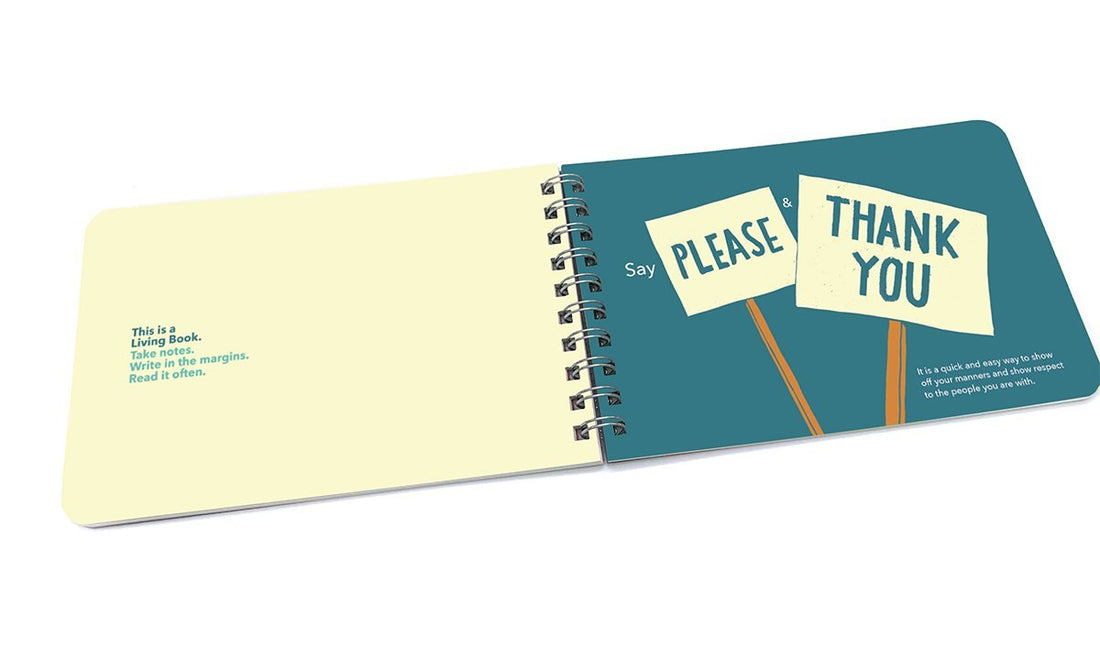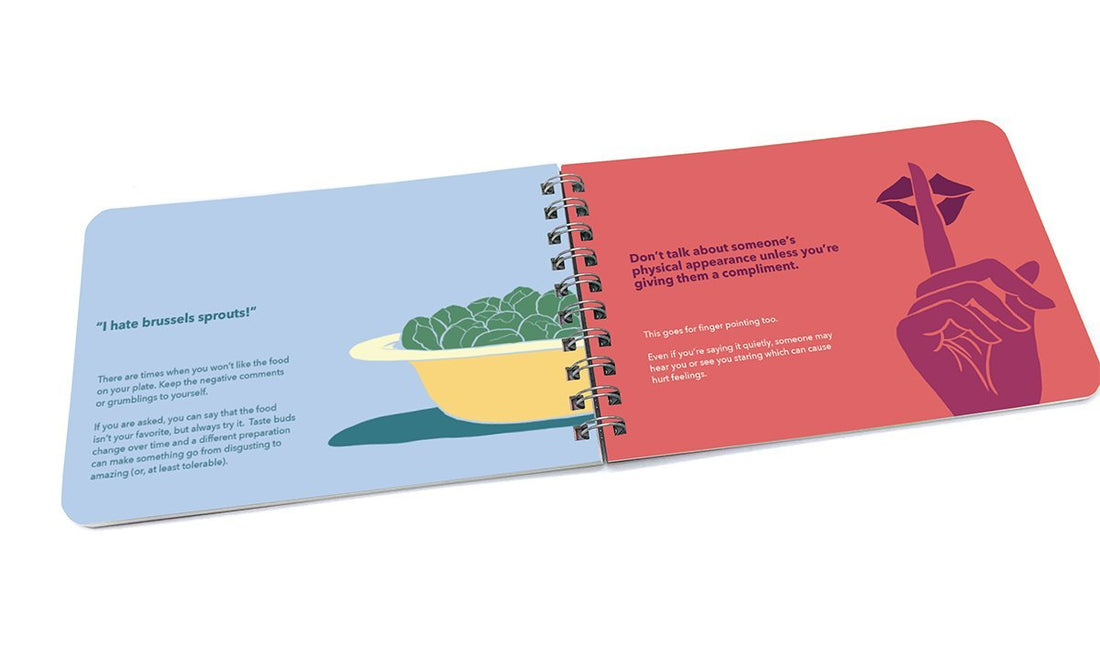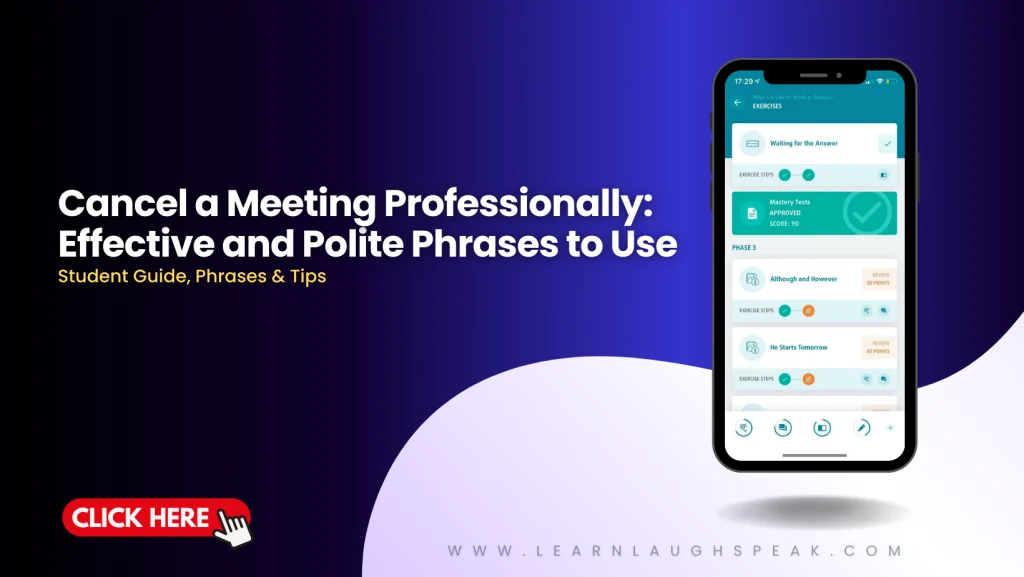Polite Alternatives To Please Advise

Discovering Polite Alternatives to “Please Advise” for Professional Email Etiquette

In the world of business communication, it’s crucial to convey messages with clarity and professionalism. Often, we seek guidance or information from colleagues or clients and the phrase “please advise” has been a mainstay in emails and letters for years. However, the perception of this phrase can be viewed as overly formal, outdated, or even terse. It’s time to refresh our email etiquette with polite alternatives that offer the same request for advice without the potential for misinterpretation.
Understanding the Context of “Please Advise”
Using the keyword “please advise” properly requires understanding its typical context. It’s a call to action, a request for direction, or input on a matter at hand. While “please advise” intends politeness by including “please,” the phrase can at times feel impersonal or aggressive, especially when overused.
Why Seek Alternatives?
The pursuit of alternatives to “please advise” is aimed at:
- Enhancing politeness and clarity
- Personalizing communication
- Keeping the tone modern and approachable
- Preventing misunderstandings that may arise from vague requests

Diplomatic and Informative Alternatives to “Please Advise”
Below are keyword-rich suggestions to replace “please advise” in your professional correspondences:
Formal Requests for Input
- Awaiting Your Guidance: Demonstrates patience while clearly indicating you need direction.
- Your Expertise is Valued: Flatters the recipient by acknowledging their knowledge before seeking advice.
- Requesting Your Insight: Implies that the sender is looking for an in-depth understanding of the issue.
Requests for Specific Action

- Kindly Share Your Feedback: A gentle nudge for detailed comments or critique.
- Please Provide Your Input: Direct yet courteous, ideal for soliciting opinions on specific questions or projects.
Expressing Urgency
- Your Urgent Attention is Required: Highlights the need for prompt advice while maintaining respect for the recipient’s time.
- Expeditious Advice Needed: Combines a modern tone with the gravity of expedited assistance.
Courteous Suggestions for Follow-Up
- I Would Appreciate Your Advice: Softens the request by making it more about gratitude than demand.
- Please Share Your Recommendations: Politely asks for suggestions without pressuring the recipient.

Collaborative Approach
- Looking Forward to Your Suggestions: Encourages a sense of teamwork and shared purpose.
- Eager to Hear Your Thoughts: Conveys enthusiasm and respect for the recipient’s opinions.

Email Examples Using Polite Alternatives
To put these alternatives into practice, let’s examine how they translate into actual email communication.
Example 1: Seeking Expert Opinions
Subject: Request for Your Expert Appraisal on Project X
Dear Dr. Smith,
We are in the final stages of outlining Project X. **Your expertise is valued**, and as such, I would like to schedule a meeting where you can provide your critical assessment of our current approach.
[Does Ikea Take Back Assembled Furniture](https://kellysclassroom.com/ikea/does-ikea-take-back-assembled-furniture/)
Best regards,
John Doe
Example 2: Requesting Feedback
Subject: Your Feedback on the Marketing Proposal
Hello Team,
[Does Walgreens Scan Photos](https://kellysclassroom.com/walgreens/does-walgreens-scan-photos/)
After reviewing the latest draft of our marketing proposal, **I would appreciate your advice**. Are there elements that we can improve upon? Your prompt feedback would be invaluable.
Kind regards,
Emily Turner
Example 3: Encouraging Collaboration
Subject: Next Steps for the Quarterly Report
Dear Mark,
As we draw closer to completing our quarterly report, **I am looking forward to your suggestions** regarding the data analysis section. Your collaborative input can ensure we present the most accurate picture possible.
Warm wishes,
Linda Johnson
Conclusion: Enhancing Communication in Business
Incorporating these polite alternatives to “please advise” not only refines your email etiquette but also fosters more positive and clear communication. By choosing the right phrase, you build rapport with your recipients, create an environment of respect, and encourage collaborative problem-solving.
Remember, communication is the cornerstone of effective business relationships. Using alternatives to “please advise” demonstrates your consideration for the recipients and your commitment to maintaining a professional and courteous dialogue.





